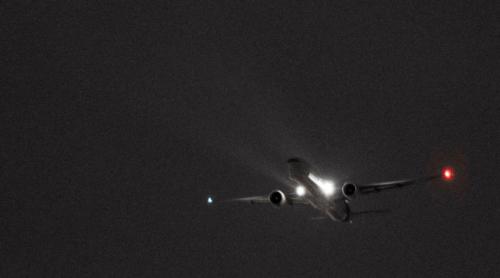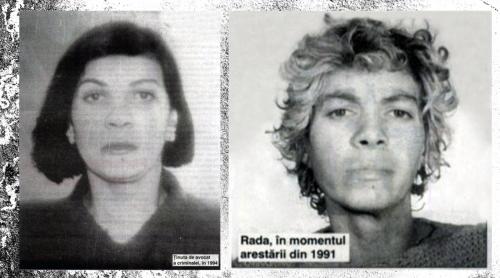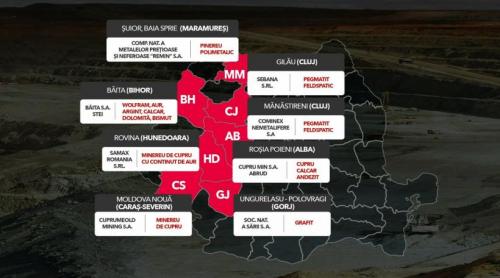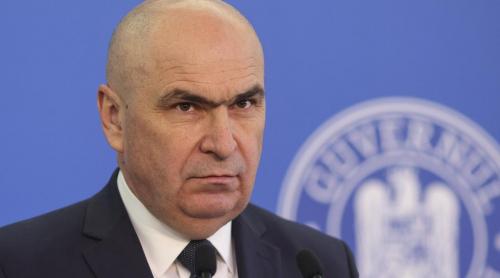
Right after the end of the NATO Summit in Bucharest, Ukraine replaced its ambassadors in Berlin and Moscow. According to the diplomatic code, the message is clear: Kiev didn’t agree with the German and Russian opposition towards its euro-Atlantic integration
Right after the end of the NATO Summit in Bucharest, Ukraine replaced its ambassadors in Berlin and Moscow. According to the diplomatic code, the message is clear: Kiev didn’t agree with the German and Russian opposition towards its euro-Atlantic integration and formulated an indirect reproach by placing the official responsibility on the back of its representatives that were supposed to take care of this problem and didn’t manage to.
Few people observed that this was also the fate of the Ukrainian ambassador in Bucharest. Even fewer were able to explain the gesture if we take into account the Romanian President’s support for the Ukrainian candidacy. A few days after the event, the Romanian ambassador in Kiev has been called by the Ukrainian Minister of External Affairs to explain a statement of President Basescu regarding the fact that the Souther Basarabia should get back to the Moldavian Republic. Even if this new statement of President Basescu was uninspired (it allows Chisinau to say Romania behaves like a suzerain power towards Moldova and Kiev to complain about an imaginary Romanian irredentism) the mistake would have been discreetly discussed upon in case of cordial bilateral relations. What is going on?!
The USA, together with Poland and the Baltic countries, have actively supported the national emancipation of Ukraine from under the Russian influence, the thing called the “orange revolution”, as well as the adherence process of Ukraine to NATO. Therefore, Ukraine’s failure at the NATO Summit in Bucharest was also an American, Polish and Baltic failure. If Ukraine makes this kind of reproaches towards Romania, it should also do that towards the American, Polish and Baltic representatives. This puts Bucharest in a very unpleasant situation and questions Bucharest’s success with the Summit.
As long as it is a simple candidate to NATO, Ukraine should not afford to attack the host of the Summit, which is an official partner of the USA on the Washington-Bucharest axis, without the acquiescence of the White House. This means the complaint was initiated in the USA. Actually, a high occidental official remained anonymous when he said Romania plays a double role. Its President placed himself on the American position by pleading for the acceleration of the Ukrainian march towards NATO membership, which caused an unwanted reaction from Russia, Germany and France, and, on the other hand, denounced the juridical-political basis of the Ukrainian-Romanian relations, the main political Treaty between the two countries, as a result of dictatorship and treason. Their effects have to be corrected in order to activate the saving clauses for the Romanian national interests, which upset Ukraine, USA, Poland and the Baltic countries, especially in the situation in which the good relations with the neighbors represent one of the main conditions for the euro-Atlantic integration.
Defending one’s legitimate interests is one thing; signaling left and going right is another. Being, at the same time, with Ukraine against Russia and with Russia against Ukraine is at least incoherent or even a schizophrenic adventure. The immediate consequence is the loss of the most valuable thing of a small state: predictability and the credibility built on that. There is no wonder to see that after the Romanian “success” at the NATO Summit in Bucharest, the members of the organization are closer to Ukraine than to Romania. This is the background of President’s Putin irony in his speech in Bucharest in which he appreciated the “consistency” of his Romanian counterpart. The thing that Mr. Basescu considered homage to his confrontationist obsession it was just a way of telling that the one that sows iniquity shall reap sorrow.
In the context, there are people who thought of Slobodan Milosevici, who took the support of the USA that was only a consequence of his support for the Bosnian crisis and used it to declare himself equal to the American leaders and to apply his own strategy against the American interests, but under the supposed protection of the USA. The fate of Milosevici and Yugoslavia shows the danger of behaving like a big fish in a big fish environment when you’re actually a very small fish.

















